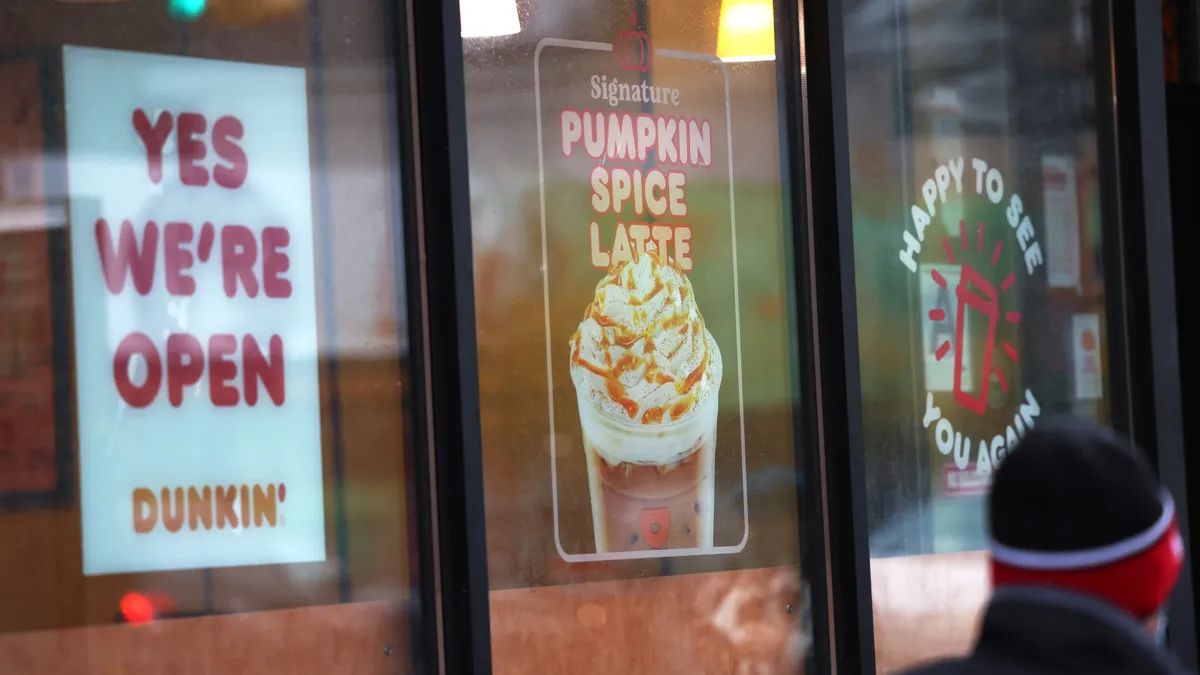A former crew member at Simone’s Inc., a Dunkin’ franchisee located in Connecticut, alleged she was terminated following an inquiry into whether her employer was properly following compensation law, according to court documents (Kaminska v. Simone’s Inc.).
According to the lawsuit, the Dunkin’ location made a practice of pooling tips and then distributing them at the end of each month. “However, they were not informed of the method or basis by which their individual shares were determined,” the complaint said.
The worker, who began her role in early May, used a search to look into the legality of withholding tips for a month before disbursement and showed the results — which determined the process was illegal — to her supervisor.
“That’s AI. That’s not real. This article is not for Dunkin’ Donuts,” the supervisor allegedly said in response.
It was not clear from court documents whether the worker used AI or another search function.
The worker was fired an hour later purportedly because she had “gotten some complaints from customers,” although she was, earlier in the day, approved to begin working more hours, the complaint alleged.
The worker sued for nonpayment of wages in violation of a Connecticut law requiring payment weekly or every other week, and for retaliation in violation of the Fair Labor Standards Act.
As employers begin to navigate both the authorized and casual use of artificial intelligence in the workplace, they may need to keep in mind that employees’ rights still stand regardless of the tool they use to bring attention to them.
The U.S. Department of Labor has emphasized that the FLSA standard for protected activity is “employee friendly, meaning that the employee has engaged in protected activity if the employee expresses a belief that he/she has been paid improperly even if the employer can clearly establish correct payment,” law firm Rumberger Kirk reminded employers in a 2022 analysis.














